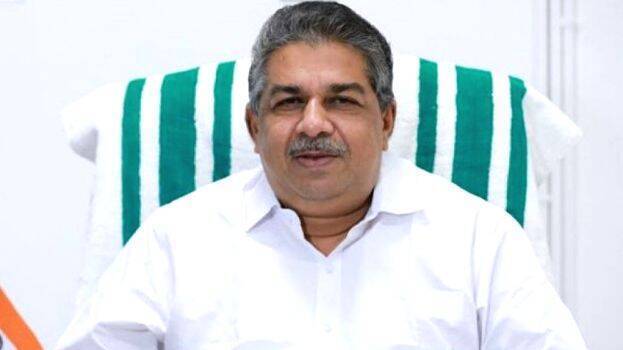

Each designation has its own possibilities and limitations. The party secretary is free to criticize the Constitution in polite language. But the party-appointed Chief Minister cannot repeat that criticism as it is. It is not the party but the Constitution that guides the Chief Minister in governance. That is why the opposition members also refer to the Chief Minister as 'our Chief Minister.' Saji Cheriyan, the individual, can criticize the Constitution. However, Saji Cheriyan, the minister, has no moral and legal right to do so. Nowhere in the Constitution is it mentioned that no one should criticize the Constitution. Many respected and highly learned representatives have pointed out the faults of certain sections of the Constitution in the Indian Parliament. The 42nd constitutional amendment introduced by Indira Gandhi, which was removed by the Janata government post Emergency, can be considered as an example of the fact that certain evils can become part of the Constitution over time. Even clean bodies of water can become contaminated over time. It is the responsibility of its designated representatives to prevent contamination and keep the water clean. That is what the elected representatives of the people do by making laws to amend the Constitution. What Saji Cheriyan said was something that an individual, who took oath as a minister in the name of the Constitution, should not have said. He did not make a polite criticism but insulted the Constitution using derogatory terms. During his speech in Mallappally, Saji Cheriyan said that a group of Indians blindly copied the British system and wrote a Constitution. He also said that the Constitution helped plundering the common man and working class. This claim is factually incorrect. Saji Cheriyan, who is also a lawyer, should know that the Indian Constitution was not dictated by the British. Then it has to be assumed that Saji Cheriyan told a lie to deliberately mislead the people. We should also not forget that even with such a strong Constitution, at least some of those who came to power here did not shy away from looting. The principled attitudes, personal integrity and others held by those who lead the country on the basis of the Constitution make the goodness of the Constitution shine brighter.
The minister later said in the assembly that he had not insulted the Constitution but had criticized the government systems and everything else was a misinterpretation. This explanation of the minister may be enough for the party to forgive him. But people are looking forward to the court's position if things move to legal proceedings. This is the state where R Balakrishna Pillai lost his ministerial post for making the 'Punjab model remark' even though he did not intend to put up a fight.
Anyone who listened to the words of Saji Cheriyan can understand that he committed a complete breach of oath. However, he attempted to hide it by saying that he had a slip of tongue and was speaking in his native style. Anyone can make a mistake. People realize that a wrong has been corrected when the wrongdoer receives the punishment for it. Anyone who has faith in the Constitution and democracy will think that it is better that he submitted his resignation instead of hanging on to the ministerial post. The party's suggestion to submit a resignation also helped to avoid further crisis.
When there are violations of fundamental rights even on the part of the state, an Indian citizen can approach the judiciary on the basis of the Constitution. The nation rests on the strong foundation of the Constitution. Being in a constitutional position and insulting it is like setting fire to one's own house. It should be assumed that Saji Cheriyan realized the seriousness of the matter by submitting his resignation. It would be good for everyone to remember the responsibility and glory of the position he holds before blabbering. Saji Cheriyan's experience should be a lesson not only for those holding positions of power but also for all public servants.